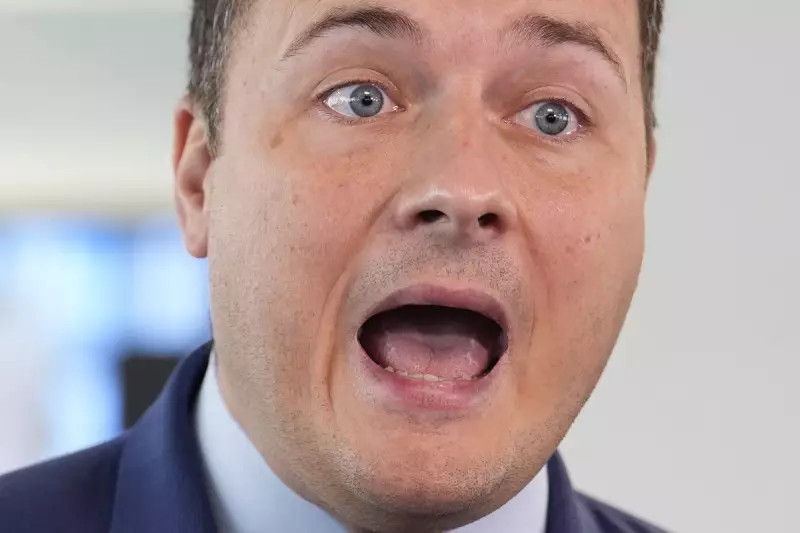
The UK government is poised to take drastic action against the sale of high-caffeine energy drinks to minors, with a potential ban for under-16s now firmly on the table. The move comes after intense pressure from health professionals and campaigners who have long warned of the dangers these beverages pose to young people.
Shadow Health Secretary Wes Streeting has thrown his weight behind the proposed legislation, signalling a cross-party consensus that could see the ban implemented swiftly. This represents a significant shift in the government's approach to regulating the lucrative energy drink industry.
What's driving the proposed ban?
Medical experts have repeatedly sounded the alarm over the harmful effects of excessive caffeine and sugar consumption in children and adolescents. These high-octane drinks have been linked to a host of health issues, from heart palpitations and anxiety to sleep disturbances and behavioural problems.
The potential ban specifically targets drinks containing more than 150mg of caffeine per litre—a category that includes numerous popular brands prominently displayed in supermarkets and convenience stores across the country.
A growing public health concern
Campaign groups have welcomed the government's renewed focus on this issue, noting that many other countries have already implemented similar age restrictions. The sheer volume of caffeine in these drinks, often equivalent to several cups of coffee, is particularly concerning for developing bodies and minds.
Parents and teachers have also reported noticeable changes in children's behaviour following consumption of these beverages, with many schools already implementing their own bans on premises.
What happens next?
While the proposal is still in its early stages, the political will appears strong. The government is expected to launch a formal consultation process, gathering evidence from medical experts, the beverage industry, and the public before making a final decision.
This potential legislation represents one of the most significant interventions in children's dietary health since the sugar tax on soft drinks, signalling a more proactive approach to public health policy in the UK.





